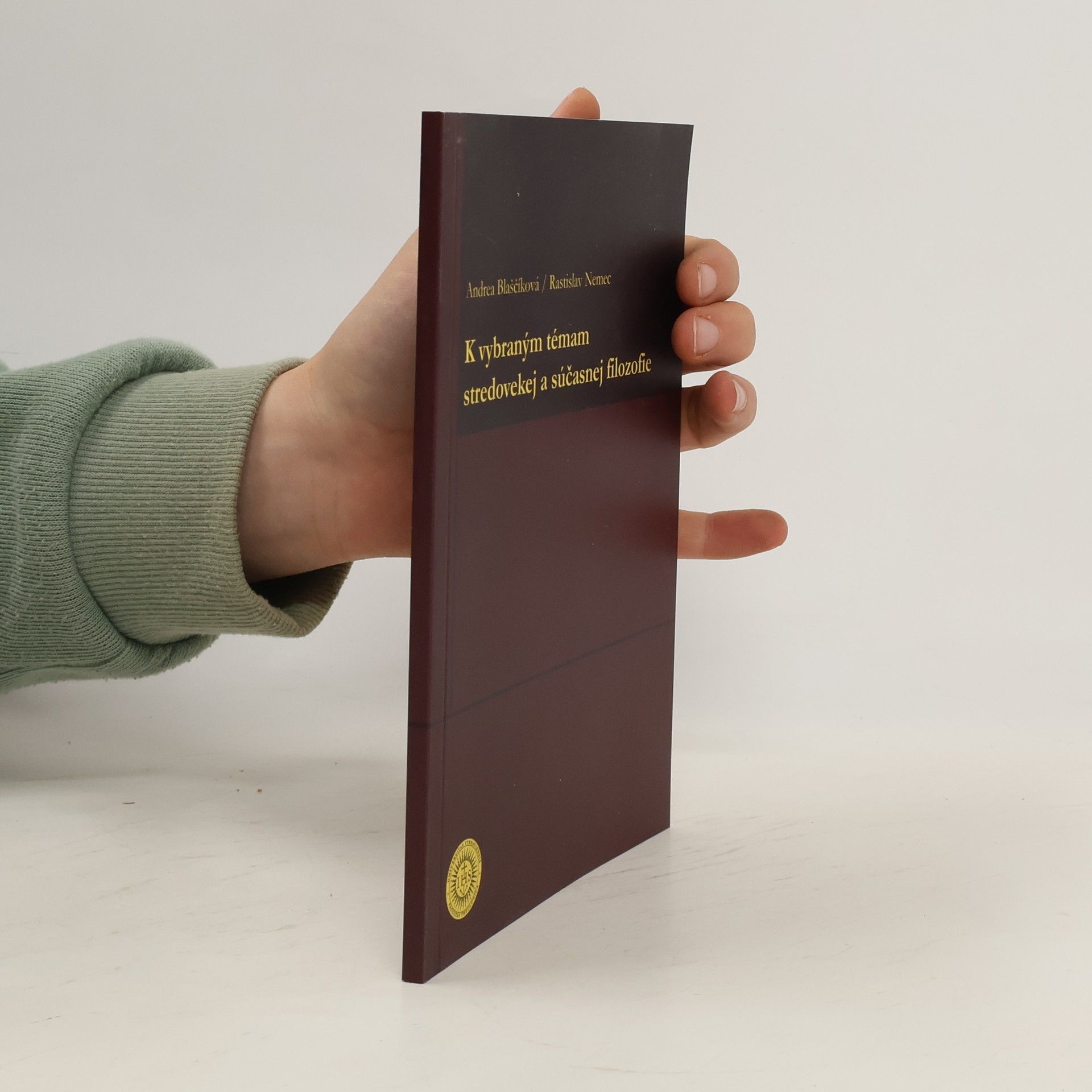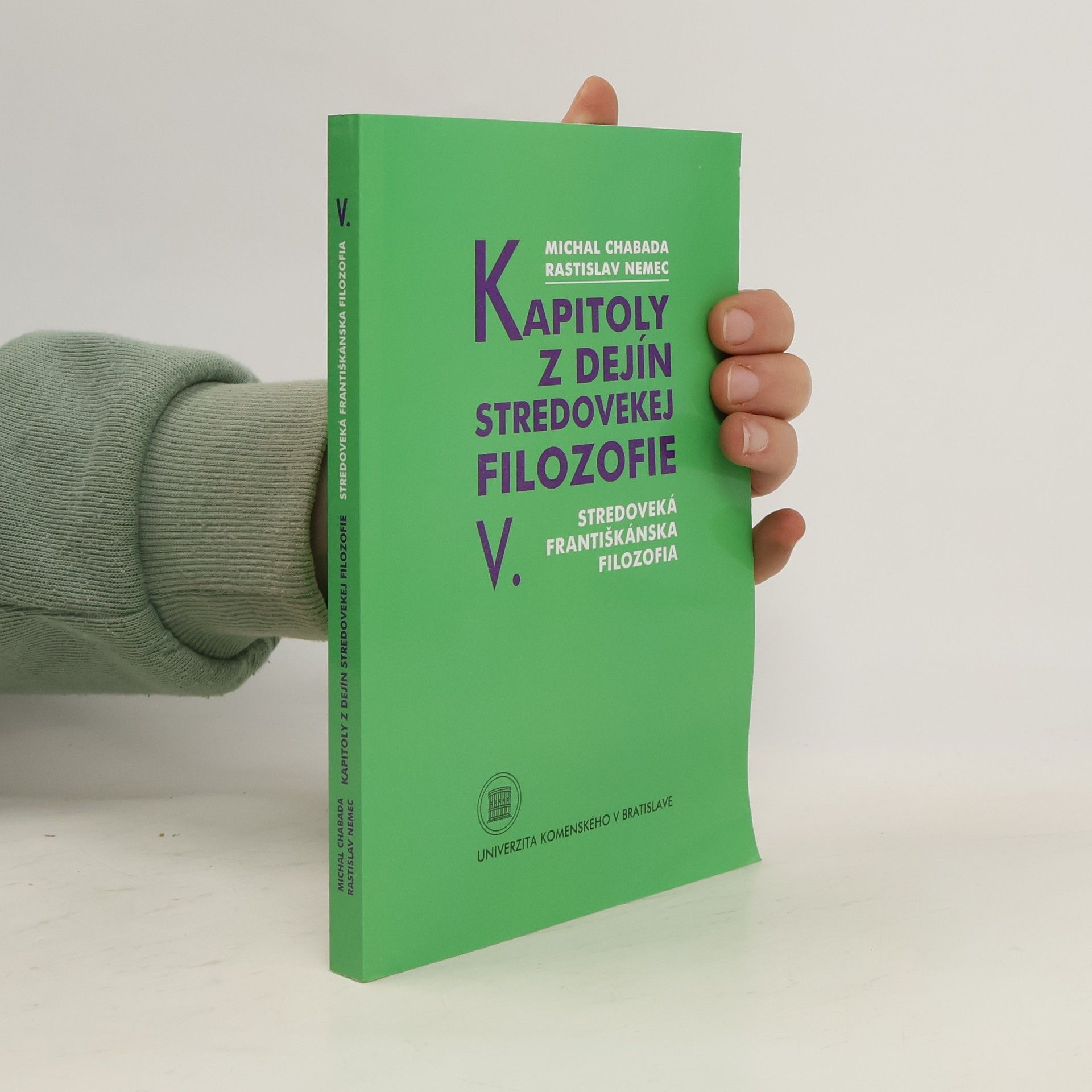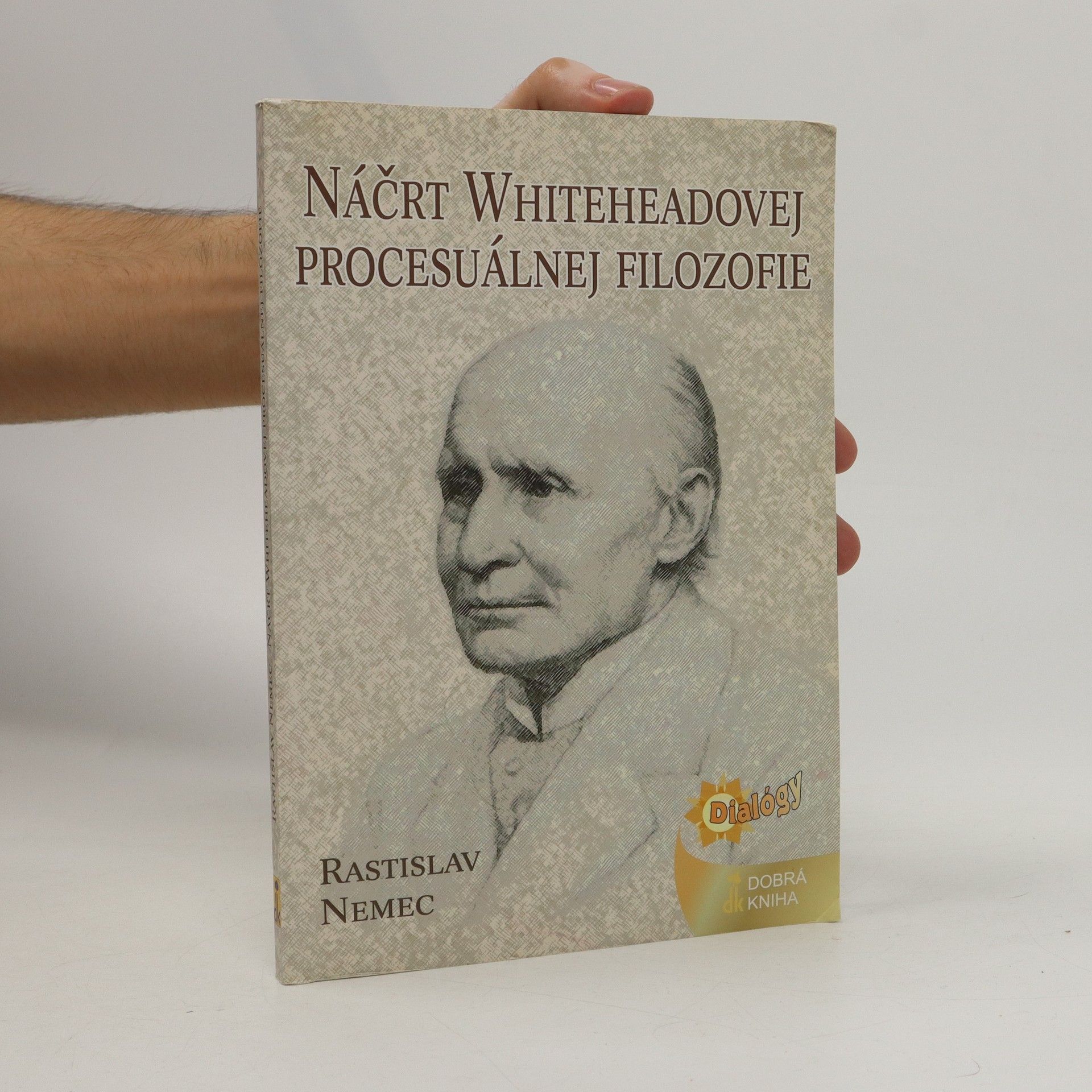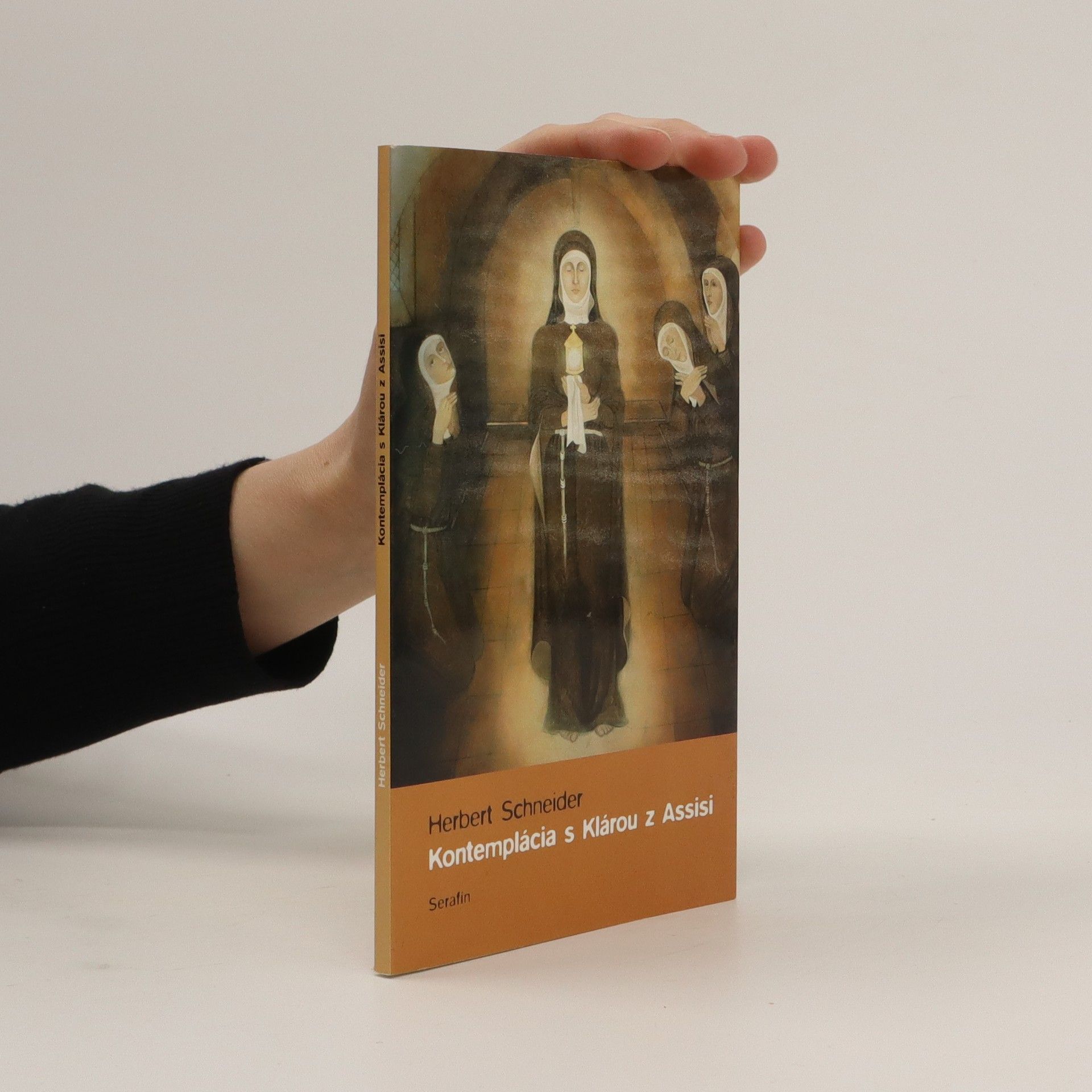Rastislav Nemec Livres




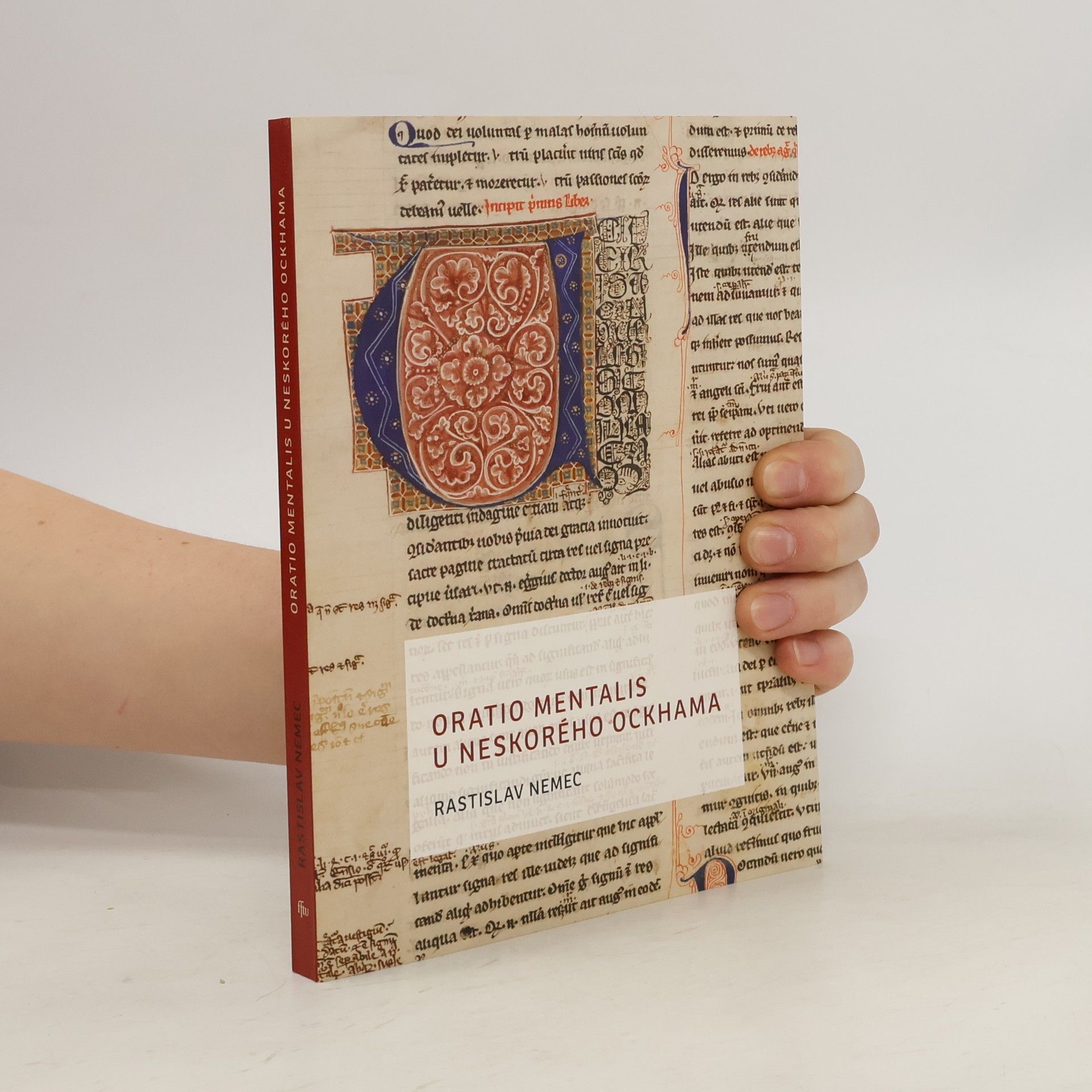

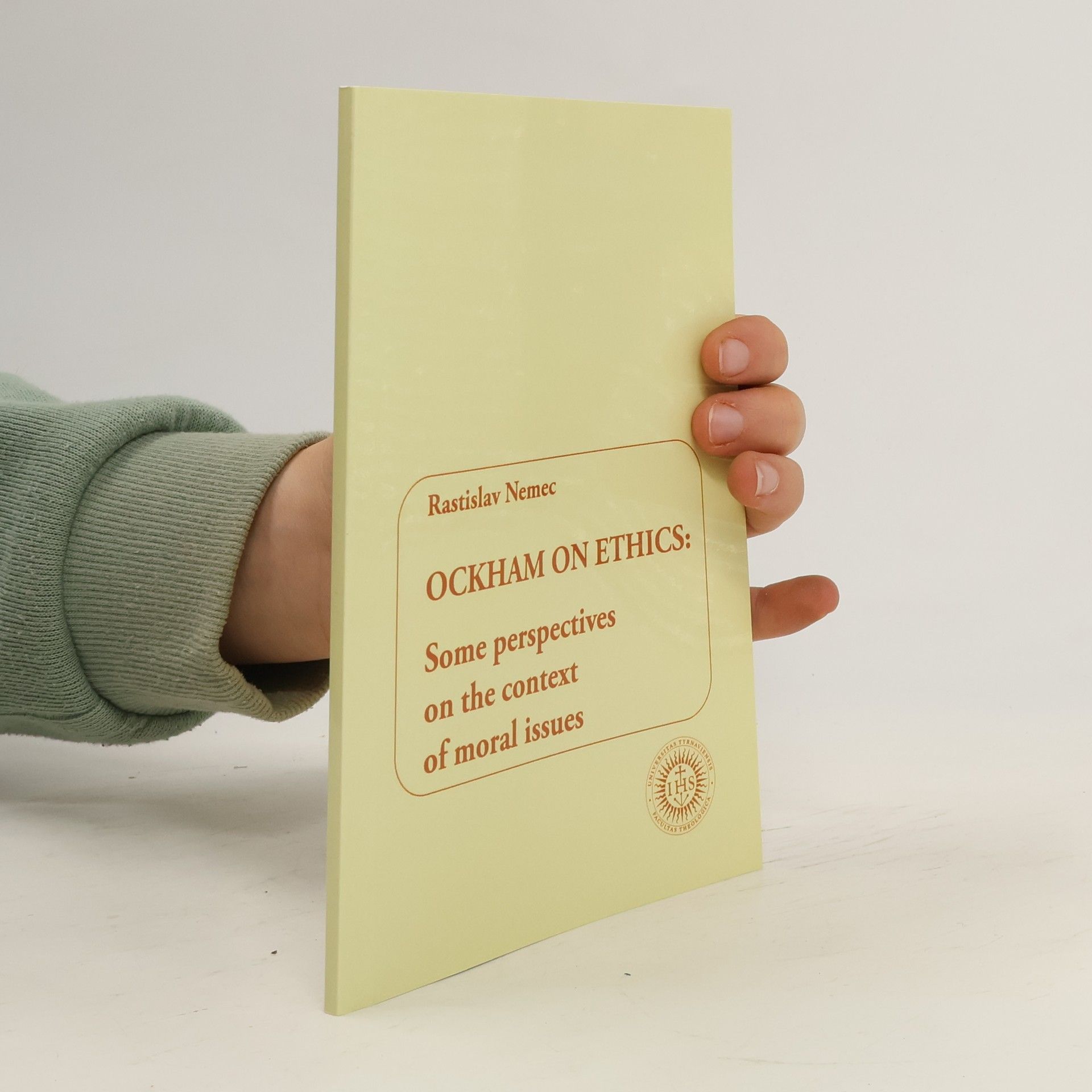
Considered by Ratzinger devotees as his greatest work on the Liturgy, this profound and beautifully written treatment of the great prayer of the Church will help readers rediscover the Liturgy in all its hidden spiritual wealth and transcendent grandeur as the very center of our Christian life. In his own foreward to the book, Cardinal Ratzinger compares this work to a much earlier classic of the same title by Romano Guardini because Ratzinger feels that his insights here are similar with what Guardini achieved in his time regarding a renewed understanding of the Liturgy. My purpose here is to assist this renewal of understanding of the Liturgy. Its basic intentions coincide with what Guardini wanted to achieve. The only difference is that I have had to translate what Guardini did at the end of the First World War, in a totally different historical situation, into the context of our present-day questions, hopes and dangers. Like Guardini, I am not attempting to involve myself with scholarly discussion and research. I am simply offering an aid to the understanding of the faith and to the right way to give the faith its central form of expression in the Liturgy.
Oratio mentalis u neskorého Ockhama
- 216pages
- 8 heures de lecture
Na začiatku 14. storočia sa teória mentálneho jazyka (oratio mentalis) stala významnou súčasťou filozofického diskurzu. Mnohí autori tohto obdobia vnímali jazyk a jeho mentálny aspekt ako kľúčový pre epistemické vysvetlenie komplexného poznávania sveta prostredníctvom pojmov. Teória mentálneho jazyka priniesla nový pohľad na vzťah medzi jazykom a (vnímaným) svetom, čím radikálne zmenila chápanie toho, ako myseľ vytvára zástupné znaky reprezentujúce realitu. Vplyv Williama Ockhama na túto teóriu bol zásadný, najmä jeho koncepty oratio vocalis a oratio mentalis. Cieľom tejto práce je priblížiť Ockhamovu teóriu oratio mentalis ako základné kritérium v teoretických a praktických vedách. Ockham predkladá tézu o „propozicionalizácii“ myslenia, ktorá, hoci nie je v jeho diele explicitne uvedená, je z mnohých pasáží dedukovateľná a analyzovateľná. Celé naše poznanie a myslenie prebieha v intelekte prostredníctvom mentálnych propozícií zložených z termínov, ktoré odrážajú skúsenostne poznávaný svet. Hlavným momentom poznávania a rozprávania o svete je teda mentálny náprotivok, chápaný ako mentálny termín alebo mentálna propozícia.
Kapitoly z dejín stredovekej filozofie V.: Stredoveká františkánska filozofia
- 242pages
- 9 heures de lecture
Kontemplácia s Klárou z Assisi
- 105pages
- 4 heures de lecture
